Results
-
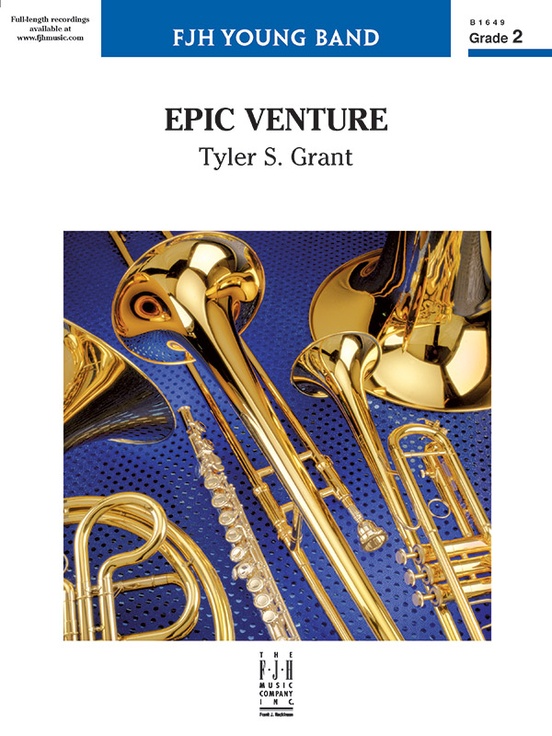 £58.50
£58.50Epic Venture - Tyler S. Grant
This vibrant and colorful fanfare for young bands is based around a single melodic idea while the surrounding textures constantly change and grow in complexity. Beginning with a declarative fanfare, the music takes the listener on a journey across the Atlantic along with early European settlers on their way to North America. A powerful opener that will not overly tax your musicians!
Estimated dispatch 3-5 working days
-
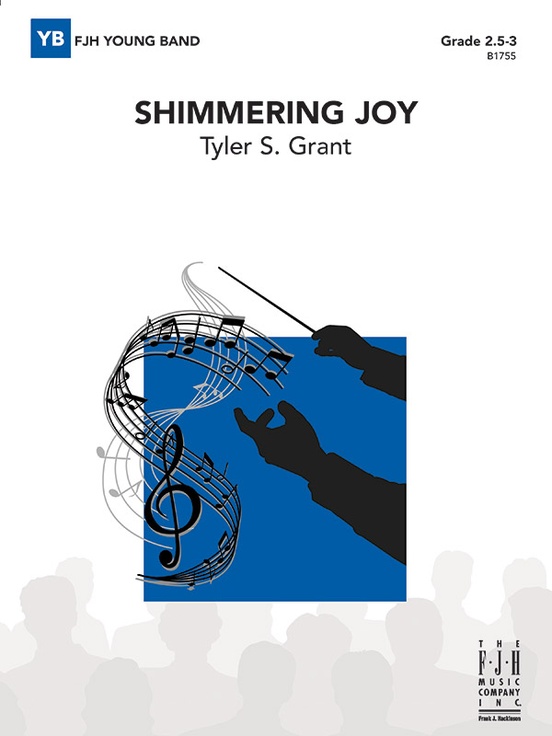 £66.95
£66.95Shimmering Joy - Tyler S Grant
This colorful and energetic fanfare projects confidence, power and stability. While extremely playable, the music has a complexity to it that will stun audiences as the ensemble elicits brilliant textures and harmonies. A wonderful addition to the repertoire that will announce your concert with authority!
Estimated dispatch 3-5 working days
-
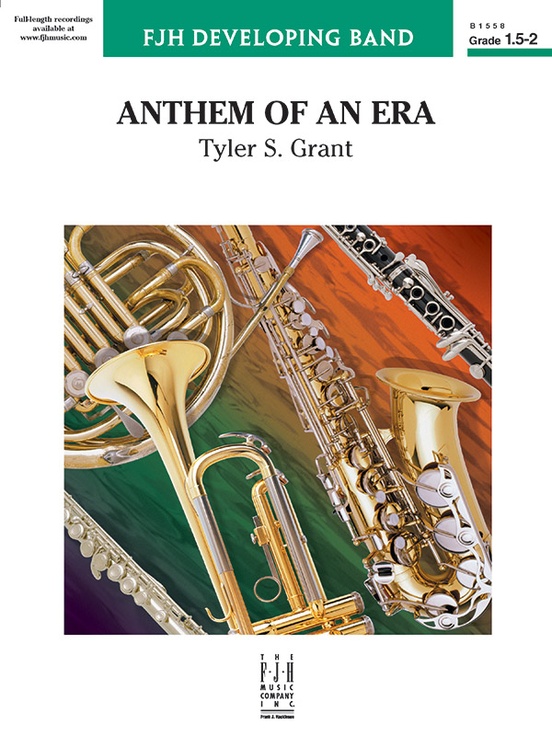 £73.50
£73.50Anthem of an Era - Tyler S. Grant
Open your concert with this bold anthem featuring majestic themes, driving rhythms, and contrasting lyrical passages. Ranges are extremely conservative so students will have an enormous sound as they perform this musical celebration, yet will still have plenty of chops left to tackle the rest of your program. Dynamic!
Estimated dispatch 3-5 working days
-
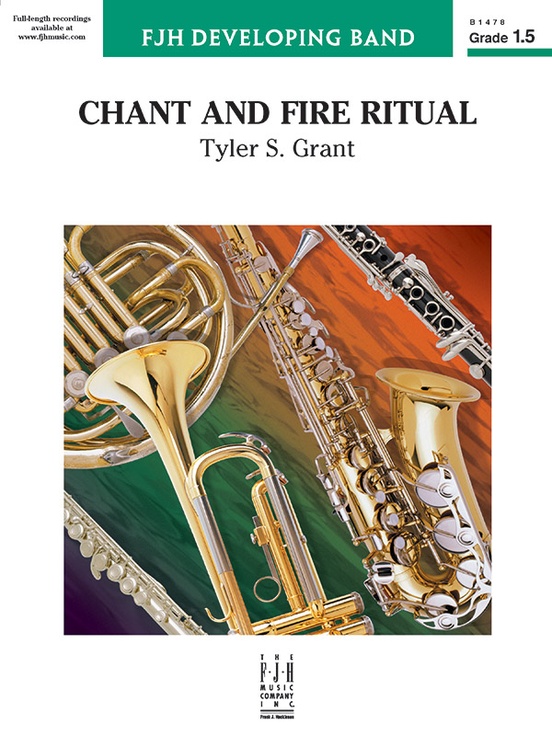 £62.95
£62.95Chant and Fire Ritual - Tyler S. Grant
This dramatic work is sure to be a big hit with students, especially when they realize it was written by one of their peers! A mysterious chant gives way to an energetic theme as the music moves into the powerful ritual characterized by intense percussion. The haunting nightfall returns to the contemplative sounds of the opening before the final section slowly builds into a powerful statement signifying the Last Rite. Intense!
Estimated dispatch 3-5 working days
-
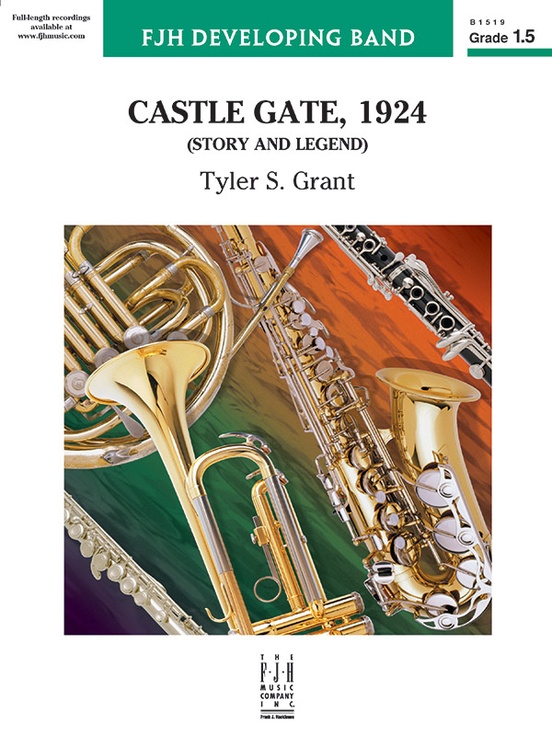 £62.95
£62.95Castle Gate, 1924 - Tyler S. Grant
This dramatic work portrays the events in Castle Gate, Utah; a coal mining town that was rocked by a series of explosions in 1924. Young composer Grant tells the epic story of disaster and also reflects the legend left behind by the miners. Powerful and adventurous, this is an ideal opportunity for students to experience music written by one of their peers!
Estimated dispatch 3-5 working days
-
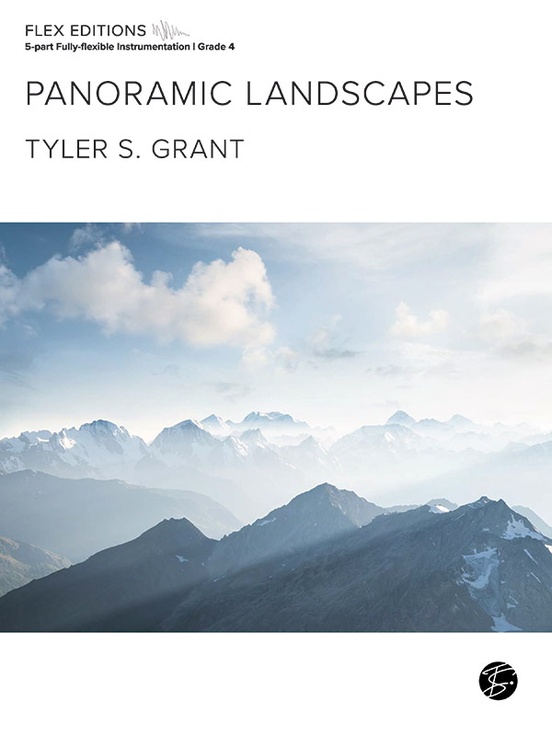 £79.50
£79.50Panoramic Landscapes - Tyler S. Grant
Originally scored for brass and percussion, this dynamic fanfare has been rescored for flexible instrumentation, expanding the harmonic colors and textures. An excellent concert opener that will launch your performance in resplendent fashion while not overtaxing your musicians.Original Item#: TSG-FX005
Estimated dispatch 3-5 working days
-
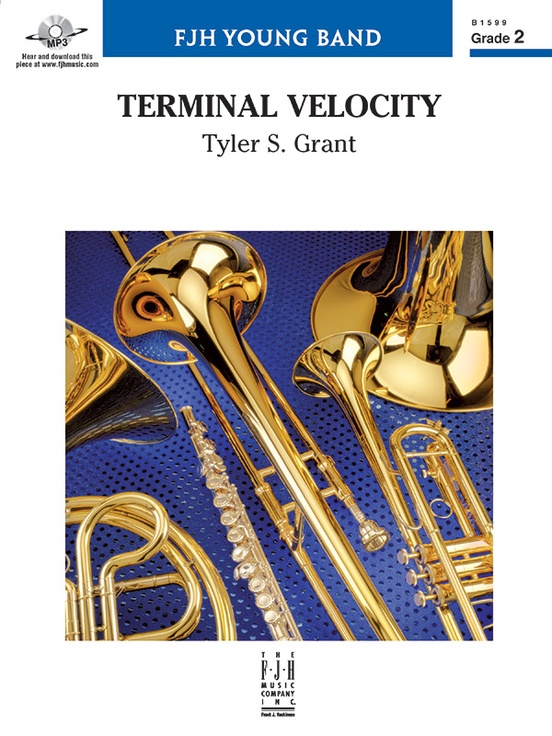 £58.50
£58.50Terminal Velocity - Tyler S. Grant
Take a heart-pounding adventure into the minds of two base jumpers who set a world record before safely landing on the ground. Fantastic musical imagery sets the mood for each section as the piece unfolds, keeping your audience on the edge of their seats. A stellar new work!
Estimated dispatch 3-5 working days
-
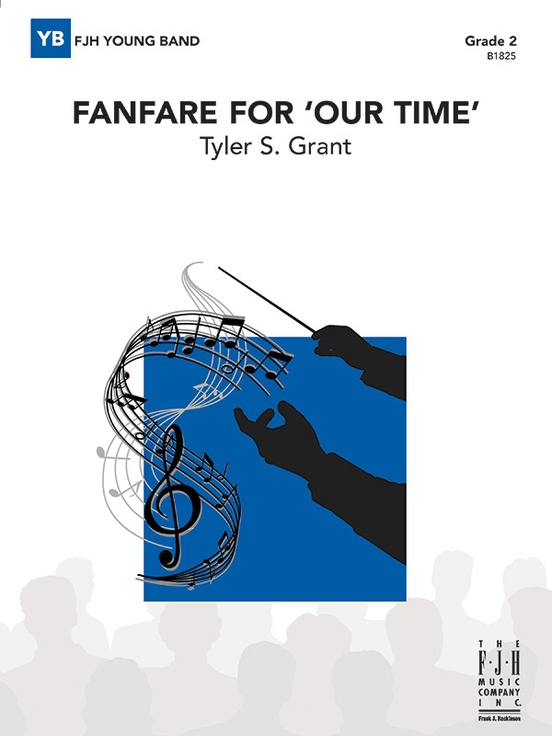 £53.95
£53.95Fanfare for 'Our Time' - Tyler S. Grant
This invigorating fanfare seeks to convey the optimism and achievement associated with an anniversary celebration. Excitement and energy radiate into every section in the ensemble. A fantastic concert opener with limited technical demands, leaving your ensemble fresh and ready to tackle the rest of the program!
Estimated dispatch 3-5 working days
-
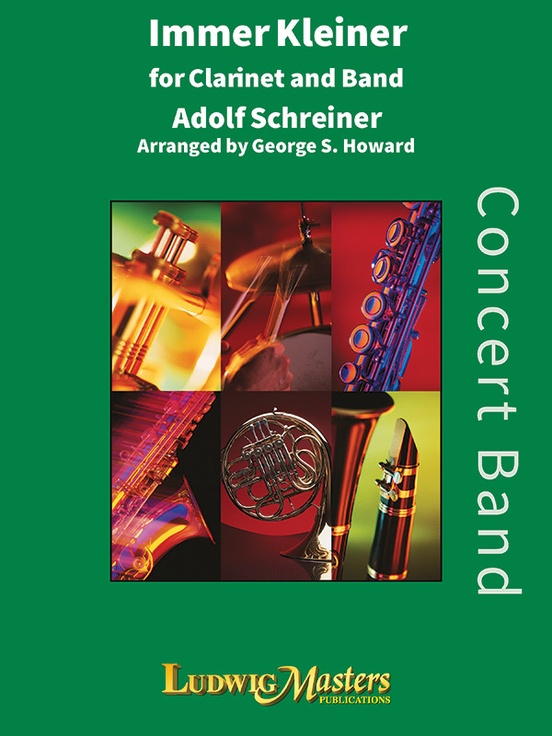 £45.95
£45.95Immer Kleiner for Solo Clarinet and Band - Adolf Schreiner / arr. George S. Howard
Also available as a novelty for soloist and orchestra, this is a fun and entertaining piece. The clarinet soloist, after stating the theme, proceeds to take away pieces of the instrument until, eventually, he or she is left playing only the mouthpiece as the work comes to a rousing conclusion.
Estimated dispatch 3-5 working days
-
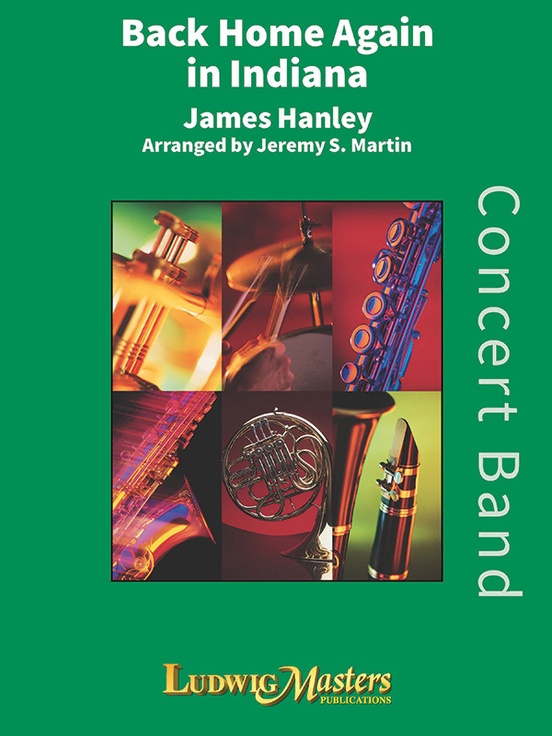 £58.50
£58.50Back Home Again in Indiana - James F. Hanley / arr. Jeremy S. Martin
by James F. Hanley has become a jazz standard over the years and is the perfect vehicle for your band's vocal soloist. It may be played without the vocalist if you wish, with no cuts or substitutions necessary. (3:00)
Estimated dispatch 3-5 working days
